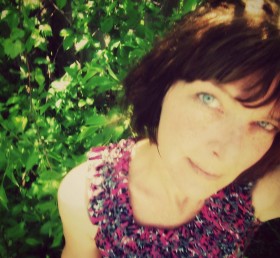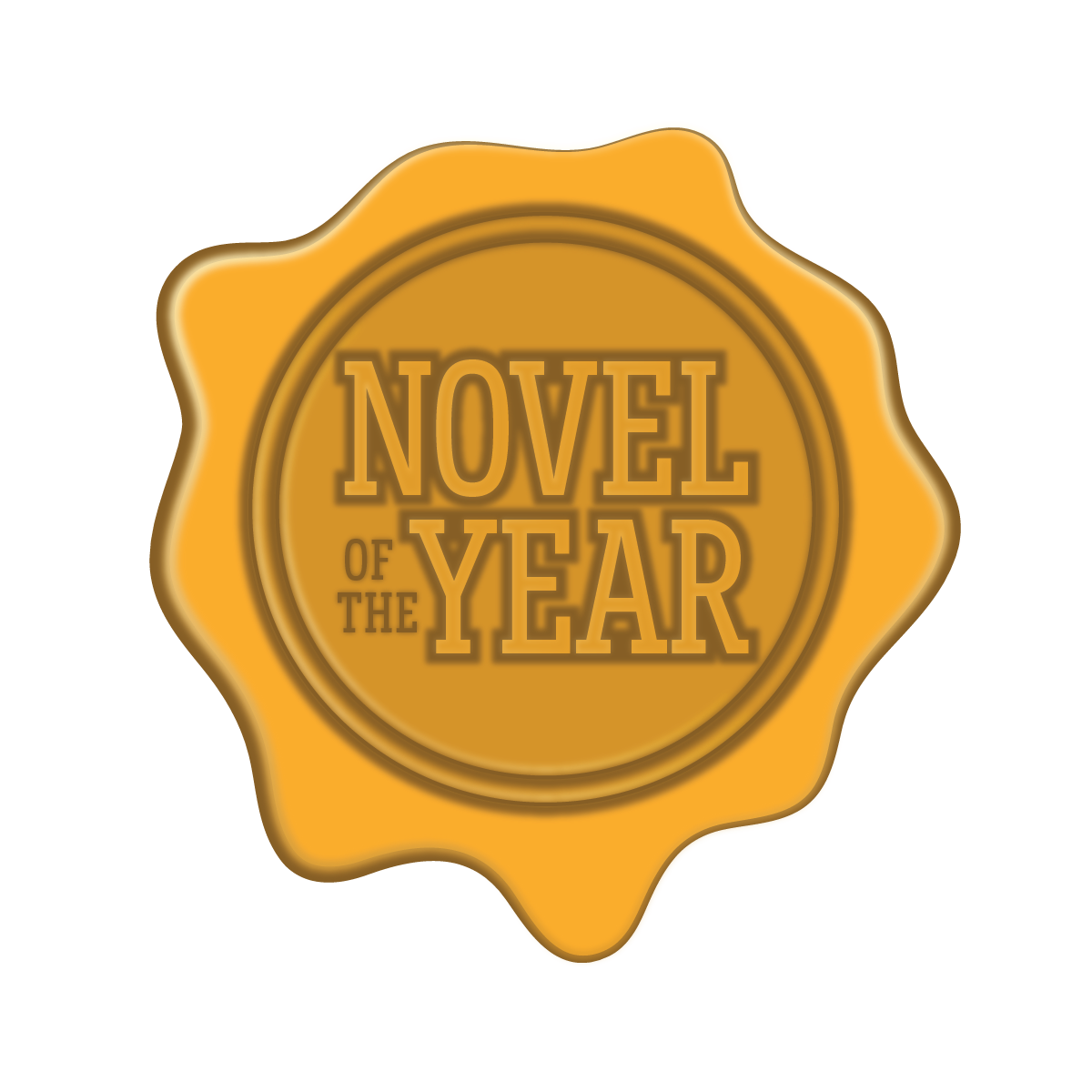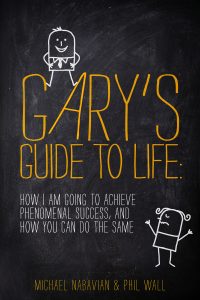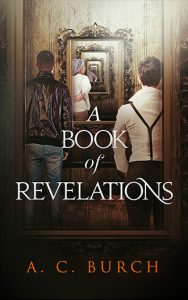The Rundown
The Recommendation
The Rating
The Links
The Reviewer
Renee Miller
Visit Renee Miller‘s website.Book marketing is a tricky thing. It’s hard to make your book appealing to everyone, even harder is building a platform that sets you up as someone readers admire. Some of you might think who you are doesn't impact your book sales. I mean, what matters is that you wrote a kickass book, right? Pfft. Don’t kid yourselves. Your likability is important to a reader. I thought it was pretty low on the book buying criteria bar, but I’ve discovered it’s not as low as one might think.
How sad is it that we lose readers every day by doing things we don’t even realize are making them think, “What an ass”? So, I thought it’d be good for us to understand why readers might avoid us. While I prepared to write this article, I asked readers via social media what turns them off an author or a book. The answers were many, and sometimes surprising, and I have to say, I’m kind of paranoid now. I mean, do I do these things? Probably at least a couple. I try not to be “that” author, but it’s damn hard guys. Damn. Hard.
But don’t worry. Readers aren’t completely unforgiving. Unless we’re talking about my friend Katrina. That girl can hold a grudge. You can’t even imagine…
No. There will be no tangents this week. There are so many ways to piss a reader off, but the editors here at UBR like me to avoid ridiculously long articles. This one is longish, so put your feet up, grab a drink and maybe take the bathroom break now. Unless you like to read on the toilet. That's your business.
So, I selected the most commonly cited things to address and divided them into three areas you might accidentally gain haters:
- The Writing
Overwriting
Describing actions to the nth degree: Use a gesture or a few words instead. Don’t go all out and write a retrospective narrative that vomits descriptive crap for pages and pages. This applies to all parts of your novel. Less is more, kids. Remember that. Also, when you go overboard by telling the reader every single detail, (actions, thoughts, motivations, etc.) she feels like maybe you think she’s too stupid to get he nuances of what’s going on. Don’t underestimate her intelligence. Tighten it up. Be brief. Keep the pace moving.
Craptastic Writing
Poor editing, grammatical errors, typos, cookie cutter stories with similar plots/characters from one book to the next, inconsistencies, and anything that makes the experience a chore for the reader are a number one turn-off. Work on your skill. Hire an editor or get a really good team of beta readers and make that book the best it can be BEFORE publishing. None of us is perfect, but we should do all we can to get as close to it as possible.
Series Shenanigans
I found this peeve interesting. A reader said she hates when an author has multiple novels or short stories, and in each one said author references events that happen in a previous novel or in a completely unrelated novel or story. All of this is an effort to link all of the author’s work together, so readers have a whole universe to enjoy. However, the references are only relevant to readers who’ve read ALL of the author’s work.
Yikes.
Never assume a reader has read all of your work. If you’re going to link stories/books with characters or events, you’re going to have to explain the connection somehow every single time. If you can’t do that, then stop trying to make everything come together like that. A lost reader wanders off.
Overcharging for e-books
The pricing sweet spot, according to Amazon, for most novel-length e-books is between $2 and $4. Too little, and readers think it’s a cheap book by a crappy author. Too much, and they think you’re a thief or an ego-maniacal prima-donna. There. Do what you will with that.
Bad cover art
Do I need to explain?
Bad dialogue
This is a peeve of mine. I hope my dialogue is as good as I feel like it is, because for me as a reader it’s the most important element in a story. I can forgive a ton of writing sins as long as the dialogue is killer. Many readers seem to feel the same. So hone your skill and make sure you’ve got the art of speaking mastered.
Lame antagonists
One reader put this perfectly, saying, “It's sad when you can tell a lot of thought went into developing all the good guys, but the antagonist is flat and predictable.” This is true for all characters. Put the work into every single one, not just the characters you feel are most important.
Profanity
I love my profanity, but this wouldn’t be an honest article if I didn’t put this here. Lots of readers are turned off by authors who use a lot of profanity in our books, and they’re also bothered when it’s used in social media. Personally, my words are my words, and I love them all, especially the dirty ones. However, I know some readers don’t like it, but made the decision to use them anyway, knowing I will lose readers as a result. You must decide if you feel the same or would like to have those readers on your side.
- Social Media
Pretentious Know-It-All
Being a pretentious know-it-all seems to be the sure-fire way to turn readers off via social media. I’ve decided this should be broken down into two parts:
- Arrogant son of a bitch
Opinions are great. I have them. You have them. It’s cool to disagree. However, if you’re “that” guy who has a shit ton of opinions, like so many of them it seems like you’re just vomiting shit for the sake of hearing your own voice, you’re a dick, nobody really likes you.
You might know a little bit about a lot of things, but no one knows everything. Readers say they can’t stand authors who give the impression they know it all. These authors express knowledge or opinions on EVERYTHING, no matter what the topic and they also tend to disrespect or outright ignore anyone who might know more or suggest another idea. Don’t be that guy. Please.
Readers also say they hate, and I mean HATE, authors with egos bigger than their books. So, you’re a good writer. It’s okay to own that. When you start believing your own hype, or thinking you’re better than your readers and fellow writers, well, piss off. Nobody likes you either.
- Pretentious piece of shit
No one is nice all the time. It’s ridiculous and annoying to pretend that you are. Readers aren’t stupid and being anything but who you are via social media will get old real fast. This bless you all, sweetie, muffin, darling, I’m so humble I could shit sparkly rainbow clouds nonsense isn’t believable. If you really are that way, well good for you, but everyone thinks you’re faking it. On the other hand, no one’s buying the loud-mouth, always ranting, angry writer thing either. Be YOURSELF. Jesus, how hard is it?
Rudeness
Authors who are rude to readers/reviewers/other authors aren’t amusing. They’re assholes. One reader who answered my little poll said, “There's a particular fantasy writer I refuse to read (even though I'd probably like her stuff) because of the way she interacts with readers. She's rude and condescending. Can't stand her.”
I know I can be ranty, and sometimes those rants might be perceived as rude, but that’s not my intention. I’m Canadian, for crying out loud. We’re all guilty of rudeness sometimes, but try not to make it a pattern. I too have scratched authors off my to-read list, even though their books look awesome and I’d probably love the stories, simply because of the way said authors interact with readers or other writers. Is it wrong or unfair? Probably. But every action has consequences. Be nice or at least civil. It costs you nothing.
Kickstarter campaigns
Sorry, but I’m not funding your new book. I can barely fund my new book. There’s an epidemic of authors on Twitter begging readers to fund a Kickstarter campaign with (as one reader put it) lame reward levels. (for example: the e-book reward level should not exceed the cost of a paperback) What happened to working hard, saving your money, and really earning your success? Sure, we can publish ourselves now, but the term is SELF publishing, not get everyone to do all the hard parts for you publishing. If you want someone to fund your book’s publication, query an agent or publisher. Frig, guys. Come on.
Auto Responses
Look, the Twitter and the Facebook give you ample opportunities to post links, book info, etc. on your profile pages. If a reader wants to check out your book, she will. If she wants to find you on another site, she’ll look for the link on your PROFILE. Stop harassing her, for crying out loud. When you use auto retweets or send auto DM’s after someone follows you on Twitter, I have to admit, I think you’re a douche and kind of want to unfollow you for annoying me with the tedious task of deleting the notification email and marking the DM as read on Twitter. Sure, it takes me a couple of seconds, but your auto bullshit forced me to do it, and you didn’t have to do anything, which is kind of infuriating. Stop it. If you want to message followers, do it in real time and personalize it. Too much work? Exactly. Stop giving it to the rest of us.
Posting all links all the time.
If you don’t interact or engage with your followers personally, and just post links to your books, or anything else, or retweet shit all the time, you seem like a robot. What’s the point in following someone who doesn’t take the time to get to know her readers? Well, the readers say there’s no point, so stop doing that too.
- In Real Life
Book signing drama
When you meet readers in real life, such as at a book signing, don’t be a dick or a diva. Just don’t. Not online. Not at book signings. Not ever. Your readers made the trip to see you, so be friendly. Entitled pricks always end up standing alone. There.
Politics, Religion and Other Extreme Views
Readers in my poll also cited extreme personal beliefs or views as a reason they’ve decided not to read a particular author. It’s fine to have beliefs and opinions. It’s your personal life, so have at it. However, when your personal views, beliefs, etc. leak into your author life, shit gets tricky. Readers don’t want you to push your politics or religious beliefs on them. They want to enjoy a good book and that’s it. So, when your personal shit starts to become part of your public persona, you do risk losing readers. I know it’s all part of just being you, but it’s something to think about.
General Douchebaggery
The wonderfully terrifying thing about the Internet is that everything you do, in public and in private, will come out should you choose to put yourself in the public eye. As an author, you do control your online persona, but only to a certain degree. If you’re an ass in real life, and do things like abusing animals, children or spouses, trash motel rooms, treat customer service folks like crap, or trash talk other people, it will come out. Somehow, somewhere, someone’s going to out you for your crap and readers will run, not walk, far away from you and your books. So, just try to be a good person in general. We’re always watching.
There. Are you all as paranoid as I am? As I said, I’m guilty of some of these things, and now that my readers have spoken, I will do my best to avoid pissing them off intentionally. However, you can’t please everyone. That’s an important thing to keep in mind. Be yourself. Work hard at your craft. At the end of the day, the readers appreciate these two things above all else.









